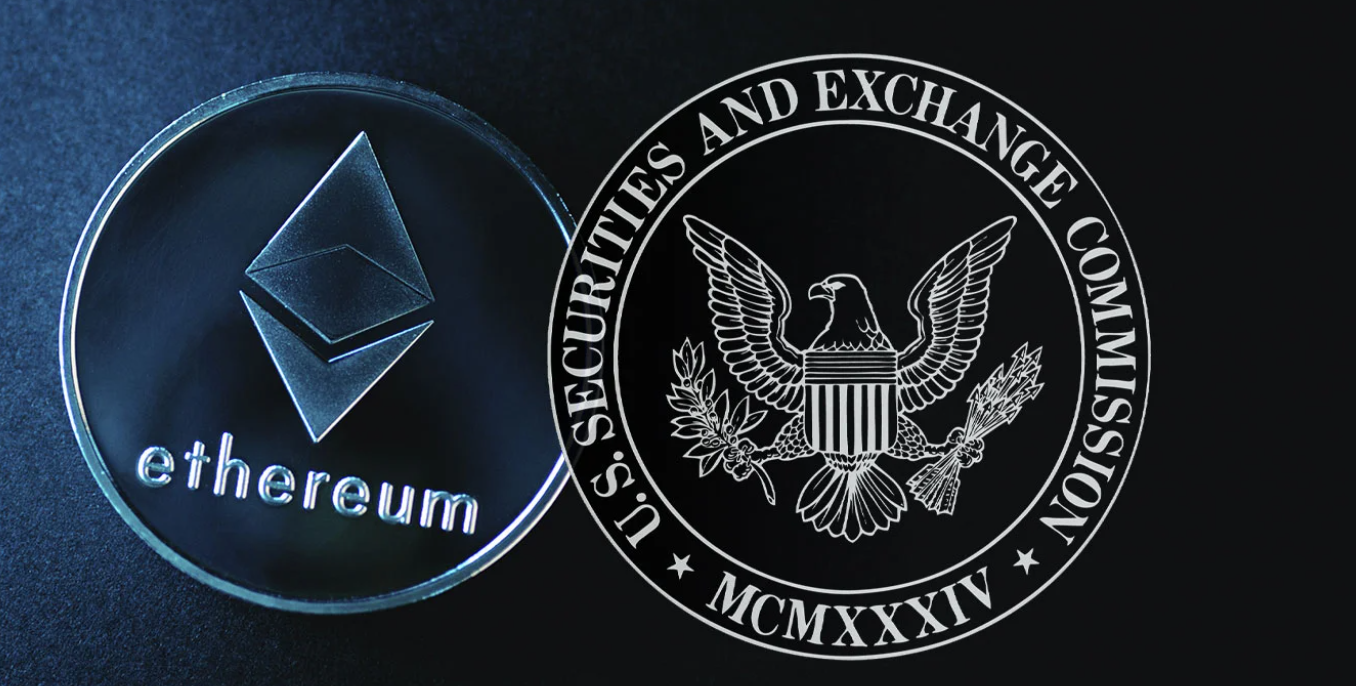Recent discussions within the financial community have prompted two Bloomberg ETF analysts, James Seyffart and Eric Balchunas, to reassess their expectations regarding the U.S. Securities and Exchange Commission’s (SEC) stance on approving a spot Ether ETF. Initially, signs pointed to a likely denial, but recent insider “chatter” and shifts in regulatory activities suggest a potential reversal.
Initial Indications and Current Speculations
Previous indicators, including regulatory filings, public statements by SEC Chair Gary Gensler, and ongoing investigations, had led many to believe that the SEC was gearing up to deny applications for spot Ether ETFs. However, the tide appears to be turning:
- Change in Odds: Seyffart and Balchunas have dramatically revised their forecast, boosting the likelihood of approval from a mere 25% to an optimistic 75%.
- Political Overtones: Seyffart mentioned that the decision on Ether ETFs is becoming an increasingly politicized issue, hinting at broader implications beyond mere financial considerations.
Potential Impacts and Community Reactions
- Community Engagement: Seyffart anticipates significant reactions from the Ether community if these rumors prove accurate, reflecting the high stakes and intense interest surrounding this issue.
- Regulatory Actions: The analysts expect an influx of filings related to Ether ETFs in the coming days, a sign that insiders might be preparing for a positive decision.
The SEC is on the clock to make a decision regarding the VanEck spot Ether ETF by May 23. This decision is crucial as it marks the end of the regulatory delay period allowed for this application. Other major financial entities, including ARK 21Shares, Hashdex, Invesco Galaxy, BlackRock, and Fidelity, are also awaiting the SEC’s decision, making this a pivotal moment for the cryptocurrency sector.
Broader Regulatory and Political Landscape
- Recent Legislative Actions: The U.S. Congress has been active, with recent votes in both the House of Representatives and the Senate aimed at overturning an SEC rule related to how banks interact with asset-holding companies. This legislative move could influence broader regulatory approaches, including those related to cryptocurrencies.
- Presidential Decisions: It remains uncertain whether President Joe Biden will veto the congressional resolution or sign it into law, a decision that could have ripple effects across the regulatory landscape.
Industry Reactions and Strategic Movements
- Corporate Adjustments: Amid these regulatory uncertainties, some companies are repositioning themselves. For example, Grayscale withdrew its application for an Ether futures ETF, and its CEO, Michael Sonnenshein, announced his resignation, signaling strategic shifts within the firm.
- Market Sentiments: VanEck CEO Jan van Eck expressed skepticism in early April about the approval chances of their ETF application in May, highlighting the industry’s cautious outlook amidst regulatory ambiguities.
| Entity | Event | Date | Impact |
|---|---|---|---|
| SEC | Expected Decision on VanEck ETF | May 23 | Potential market-wide effects |
| Grayscale | Withdrawal of Futures ETF | May 7 | Strategic repositioning |
| Michael Sonnenshein | Resignation Announcement | May 20 | Leadership and strategic change |
| U.S. Congress | Vote on SEC Banking Rule | Last 2 weeks | Regulatory implications |
| President Biden | Decision on Veto | Pending | Could influence broader policies |
As the deadline approaches, the cryptocurrency and investment communities remain on edge, closely monitoring any signs that might indicate the SEC’s final stance on spot Ether ETFs. This decision not only affects potential investors but also sets a precedent for how innovative financial instruments are treated in the U.S. regulatory framework.










